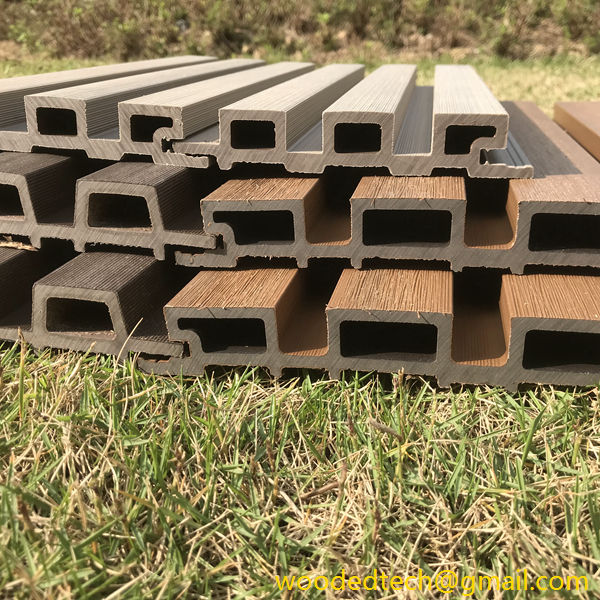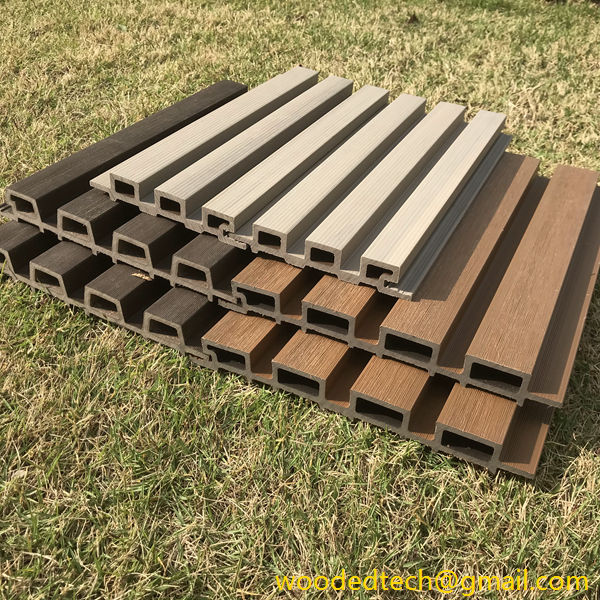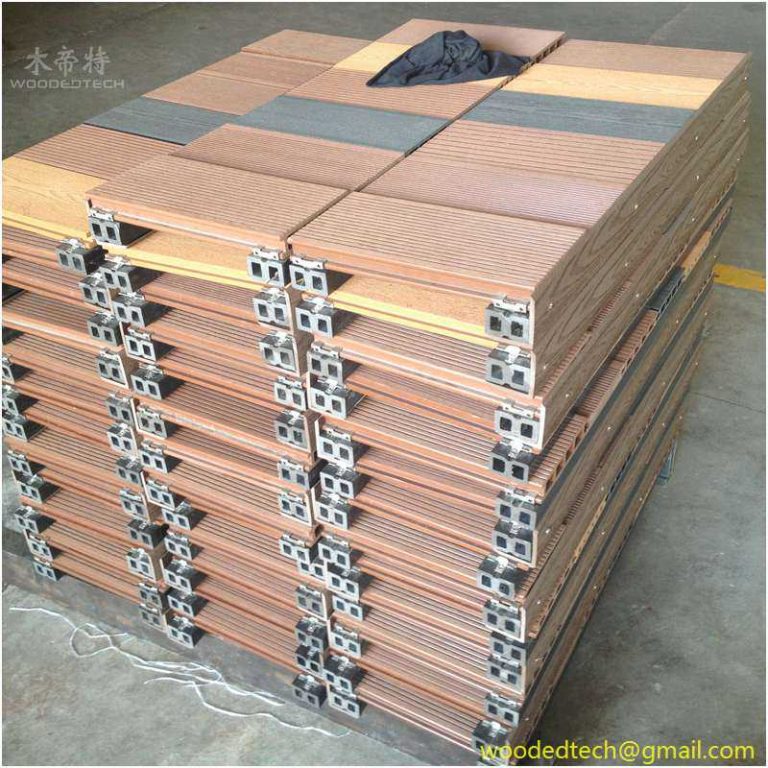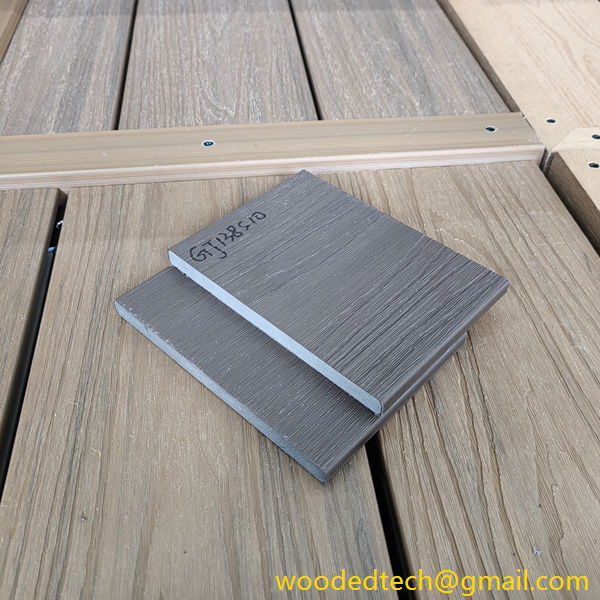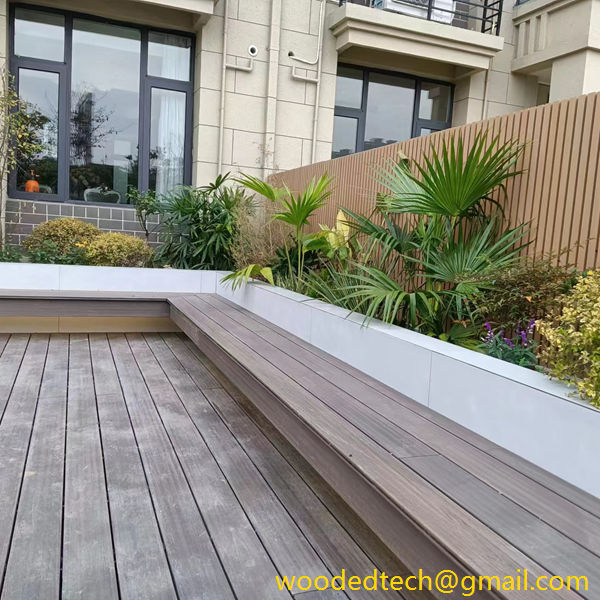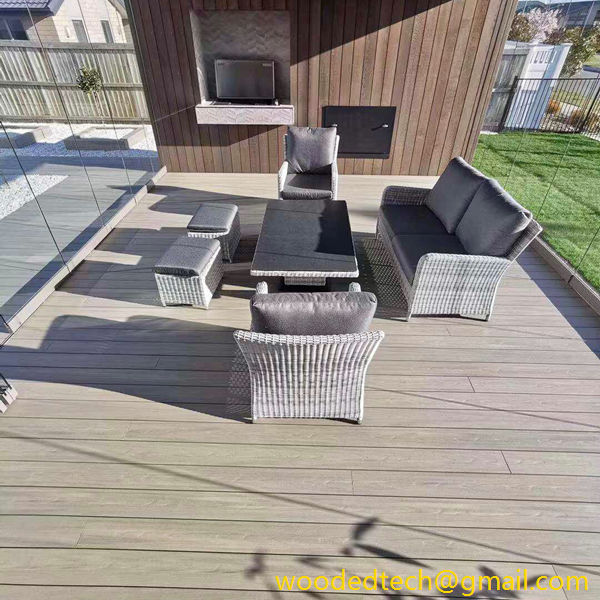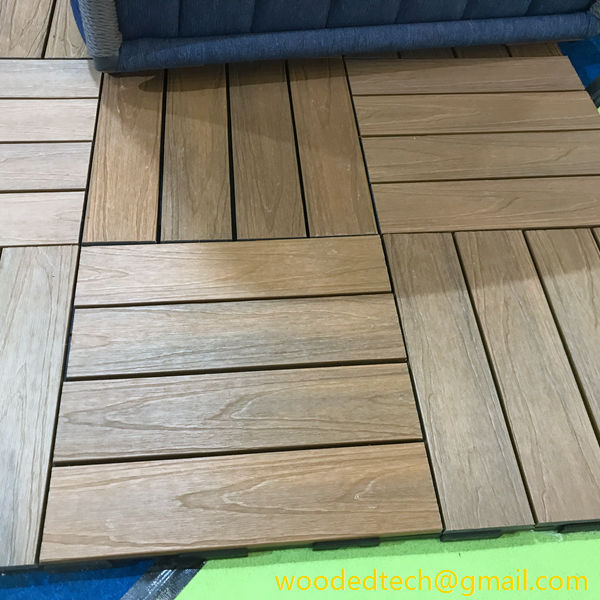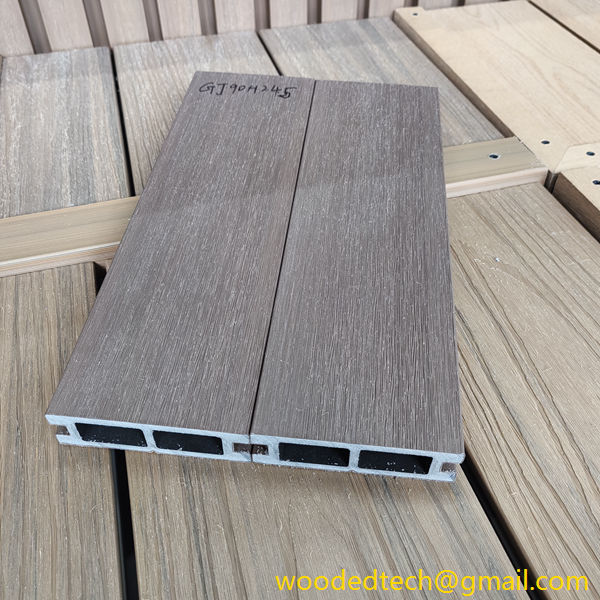WPC Board Wall Cladding: Enhance Your Home with WPC Board Wall Cladding
WPC Board Wall Cladding: Enhance Your Home with WPC Board Wall Cladding In today’s fast-paced world, homeowners are increasingly discerning about the materials they choose for their living spaces. Among the various options available, Wood Plastic Composite (WPC) Board Wall Cladding has emerged as a popular choice, blending the natural aesthetic of wood with the…
WPC Board Wall Cladding: Enhance Your Home with WPC Board Wall Cladding
In today’s fast-paced world, homeowners are increasingly discerning about the materials they choose for their living spaces. Among the various options available, Wood Plastic Composite (WPC) Board Wall Cladding has emerged as a popular choice, blending the natural aesthetic of wood with the durability and low maintenance of plastic. This innovative material not only enhances the beauty of a home but also offers a range of practical benefits that make it a smart investment for any homeowner.
WPC is made by combining wood fibers or sawdust with thermoplastic polymers. This unique composition results in a product that retains the warm and inviting appearance of wood while significantly improving performance characteristics. The manufacturing process involves advanced technology that ensures uniformity and consistency in quality, making WPC boards an appealing option for wall cladding.
One of the most significant advantages of WPC Board Wall Cladding is its resistance to moisture, pests, and decay. Traditional wooden cladding can suffer from warping, splitting, and rotting over time, especially in areas with high humidity or extreme weather conditions. In contrast, WPC boards are highly resistant to these issues, making them an ideal choice for both interior and exterior applications. This durability means that homeowners can enjoy the beauty of wood without the constant worry of maintenance or the need for frequent replacements.
Another key benefit of WPC Wall Cladding is its low maintenance requirements. Unlike traditional wood, which often requires regular painting, staining, or sealing, WPC boards are designed to withstand the elements with minimal upkeep. A simple wash with soap and water is usually sufficient to keep them looking fresh and new. This ease of maintenance frees up valuable time for homeowners, allowing them to focus on enjoying their living spaces rather than performing constant upkeep.
A further advantage of WPC Board Wall Cladding is its impressive thermal insulation properties. The composite materials used in WPC boards provide superior insulation compared to traditional materials. This means that homes clad with WPC can maintain a more stable indoor temperature, reducing the need for heating and cooling systems. As a result, homeowners can experience lower energy bills while contributing to a more sustainable living environment.
From an aesthetic standpoint, WPC Board Wall Cladding offers an array of design possibilities. The boards are available in various colors, textures, and finishes, allowing homeowners to customize their spaces according to their personal style. Whether you prefer a classic wood look or a modern, sleek finish, WPC boards can suit any architectural design. Additionally, the versatility of WPC allows for creative applications, such as accent walls, outdoor living spaces, and even decorative features that can elevate the overall appearance of a home.
Environmentally conscious consumers will also appreciate the eco-friendly aspects of WPC materials. The wood fibers used in WPC boards are often sourced from recycled materials or sustainably managed forests, reducing the environmental impact associated with traditional lumber production. Furthermore, WPC is fully recyclable, which means that at the end of its life cycle, it can be repurposed rather than ending up in a landfill. This commitment to sustainability makes WPC Board Wall Cladding an attractive option for those looking to minimize their ecological footprint.
In terms of installation, WPC Board Wall Cladding is designed for ease and efficiency. Many manufacturers offer systems that include interlocking mechanisms or tongue-and-groove designs, simplifying the installation process. This not only saves time but can also reduce labor costs, making WPC an economically viable option for homeowners looking to undertake renovation projects. Moreover, the lightweight nature of WPC boards means that they can be handled more easily than traditional materials, further streamlining the installation process.
Safety is another consideration that cannot be overlooked when selecting materials for home improvement. WPC boards are often engineered to be fire-resistant, which adds an additional layer of safety for homeowners. While no material is entirely fireproof, the enhanced resistance of WPC can help slow the spread of flames, providing valuable time for evacuation in the event of a fire. This feature is particularly important for families with children or pets, where safety is a top priority.
In conclusion, WPC Board Wall Cladding presents a compelling solution for homeowners seeking to enhance their living spaces. With its attractive appearance, durability, low maintenance needs, energy efficiency, and eco-friendly characteristics, WPC boards provide an excellent alternative to traditional cladding materials. As the demand for innovative and sustainable building products continues to grow, WPC Board Wall Cladding stands out as a forward-thinking choice that aligns with modern design principles and lifestyle needs. Whether you are renovating your home or building a new one, considering WPC Board Wall Cladding can lead to a more beautiful, functional, and sustainable living environment.

